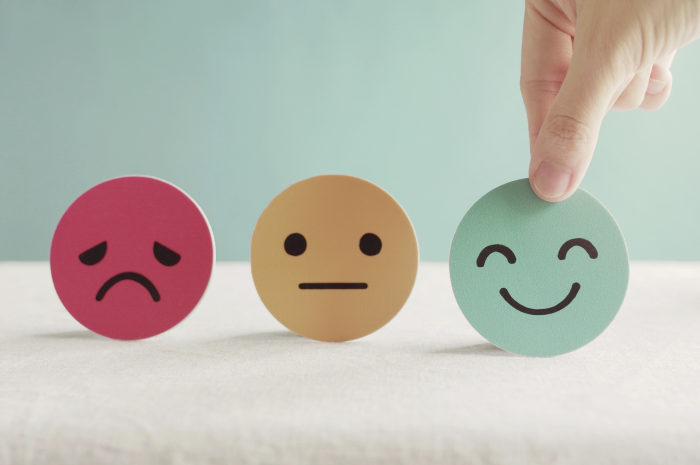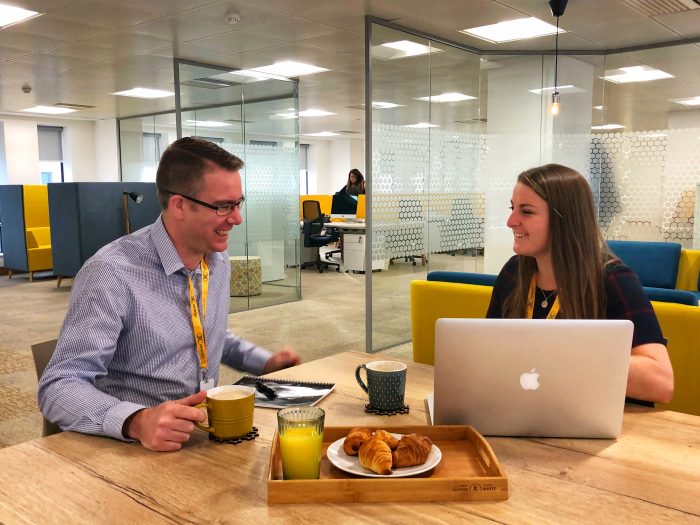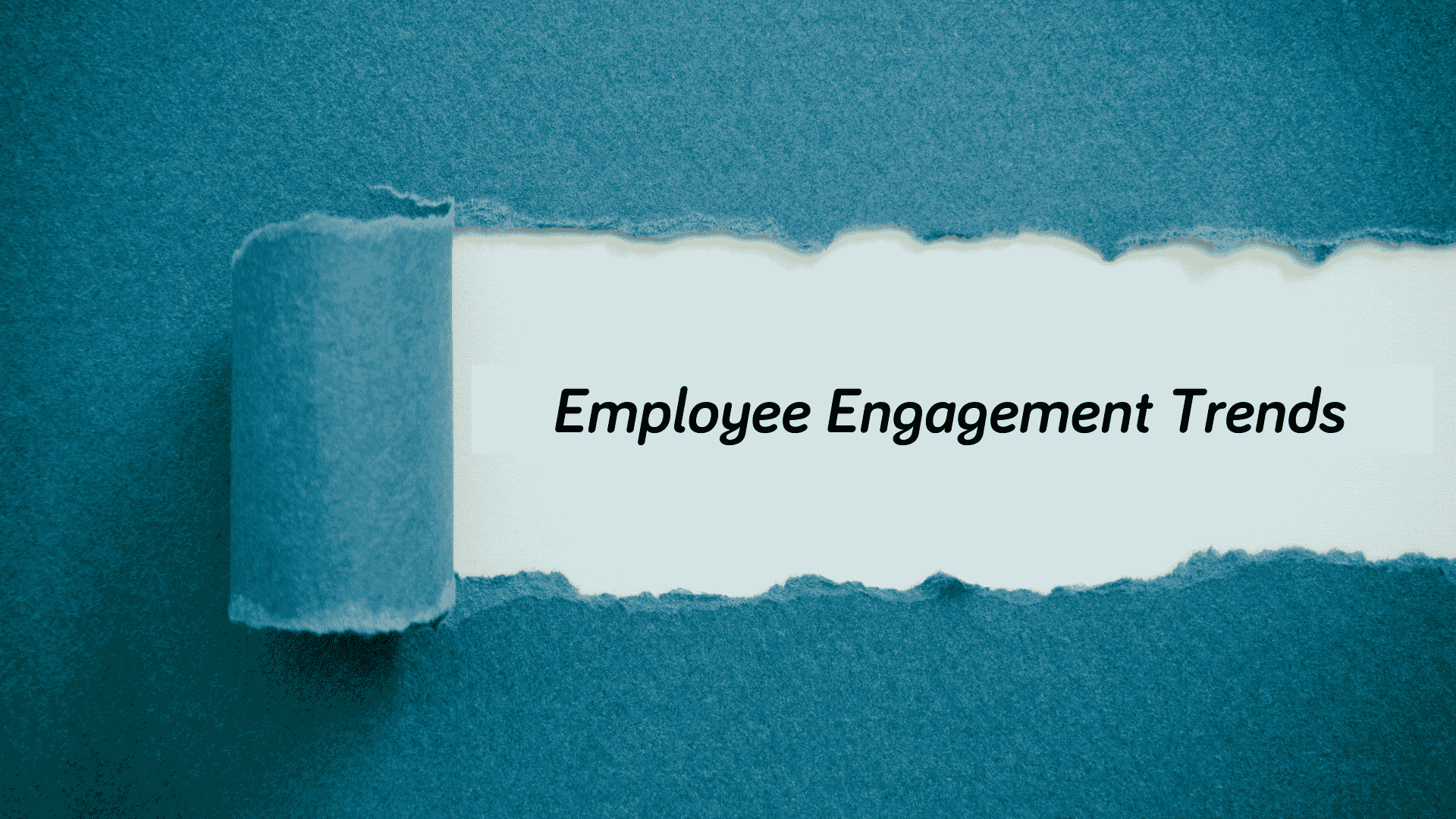5 Habits For Preventing Digital Overload
April 25, 2023Categorised in: Employee Wellbeing
In today’s fast-paced world, it’s easy to feel overwhelmed by endless emails, threads, statuses, and virtual meetings; finding where real life ends and the digital world begins can be challenging.
This constant connection to the online world can lead to a digital overload, negatively affecting the mental and physical health of employees and business owners alike. The Gympass State of Work-Life Wellness Report 2022 even found that digital overload has played a part in increasing worldwide levels of anxiety and depression worldwide, showing how far-reaching the impacts of digital overload are.
The critical question in this digital climate is: how can we work on preventing digital overload?

Set Boundaries
One of the most important habits for preventing digital overload is setting boundaries, and you can do these yourself in seconds. If you’re truly dedicated to preventing digital overload, set time limits for each device and don’t go over these limits, especially when use is non-essential.
Turn your device off at a specific time or during meals, and set a time to stop checking emails and work-related communication. Be flexible when it’s absolutely essential, but by setting boundaries, you can disconnect and set yourself up for preventing digital overload.

Take Breaks
Another important habit is taking breaks from technology throughout the day; you don’t need to be constantly scrolling during your free time. Step away from your computer or phone for a few minutes every hour or so.
During these breaks, you could take a walk outside, read a book, or catch up on folding the laundry. Taking breaks will give your mind and body a chance to rest and recharge, thus preventing digital overload.

Practice Mindfulness
Mindfulness is the powerful practice of being present in the moment and fully engaged in what you’re doing. When we constantly surround ourselves with technology, we step away from the present and lose ourselves in a digital world.
When it comes to technology, mindfulness means paying attention to how much time you spend on your devices for work and play and how it affects your mood and energy levels. By practising mindfulness, you’ll be able to recognise when you’re starting to feel overwhelmed and take steps towards preventing digital overload.

Create Tech-Free Zones
Another helpful habit is creating tech-free zones in your home or workplace. This might mean designating certain areas as device-free zones, such as the dinner table or bedroom. By making these zones, you’ll be able to disconnect from technology and focus on other activities, such as spending time with family or getting a good night’s sleep – all of which are essential activities you should perform without technology.

Prioritise Self-Care
Finally, it’s important to prioritise self-care when preventing digital overload. This means taking care of your physical and emotional health by getting enough sleep, eating a healthy diet, and exercising regularly. By prioritising self-care, you’ll be better equipped to handle the stresses of daily life and avoid the harmful effects of digital overload.
HIVE360 Support Services Ltd – Supporting you and your workforce
If you’d like to help your employees on their quest to preventing digital overload, our employee benefits app can help by providing access to a plethora of wellbeing perks. Take a look at the employee benefits that we offer here.




